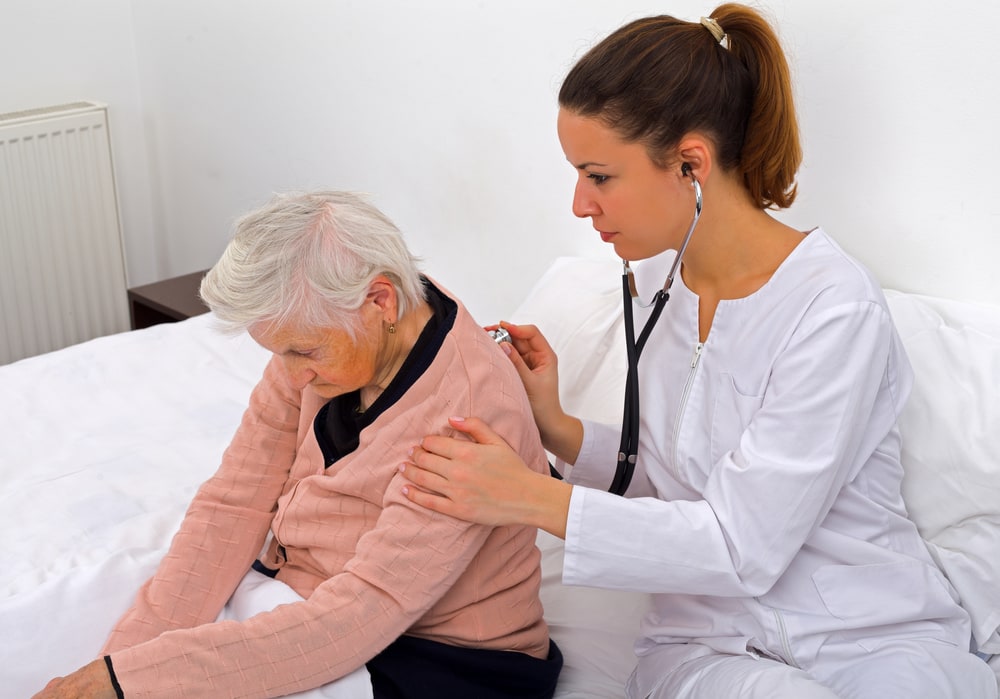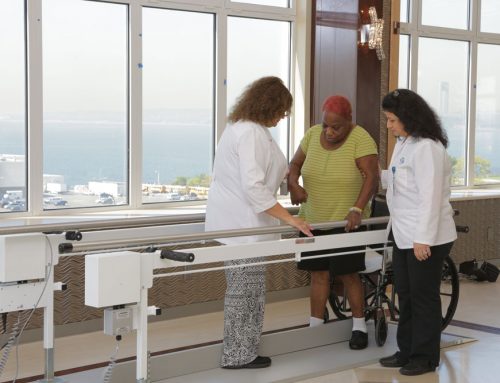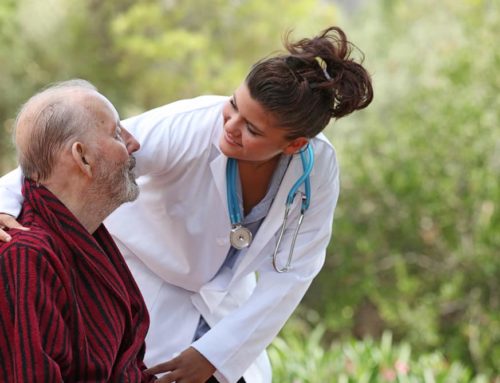Bacterial pneumonia is an infection that occurs in the lungs and if left untreated, it can be very serious. As well as inflammation, the infection could cause fluid, pus, and cellular debris to accumulate, making it difficult to breathe. This type of pneumonia includes a range of symptoms and severities and affects those of all ages.
Treatments for pneumonia can vary, depending on the type and severity of pneumonia you’re dealing with, but more serious cases will likely require proper pneumonia treatment, which will most likely be treated with antibiotics, oxygen therapy, IV therapy and other rehabilitation treatments. The main goal is to prevent any complications, such as possible organ failure, breathing difficulty, and abscesses or fluid buildup in the lungs.
For more information about the severity and causes of pneumonia, keep reading.

How Serious Is Bacterial Pneumonia?
Pneumonia caused by bacteria isn’t necessarily serious, though it can become so if left untreated. Several risk factors can also increase the likelihood and severity of the condition.
Who is at a higher risk of a severe case?
- Anyone with medical conditions like diabetes, asthma, or heart disease
- An individual recovering from surgery or already has viral pneumonia, the bacterial version is more likely to occur
- Those with an unhealthy lifestyle – bacterial pneumonia will also be more severe in them. This includes smoking, excessive alcohol consumption, or a poor diet. The better your overall health is, the less serious the condition will be.
- Those aged 65 or older are more likely to contract pneumonia than younger individuals.
Symptoms
The symptoms can also vary from extremely mild to severe and even life-threatening. The most common symptom is coughing, accompanied by thick green, yellow, or red-tinged mucus and stabbing chest pains. Sudden chills and fever may also occur in some individuals.
There are also other symptoms of bacterial pneumonia, which can affect the seriousness of the condition. Some people experience headaches, lethargy, muscle pain, and a loss of appetite. Moist, pale skin, sweating, and confusion, particularly in older individuals, may occur as well. The more of these symptoms you experience, the worse the condition will feel.
Despite how severe this type of pneumonia can be, it is rarely fatal. It can be treated at home to prevent further complications.
Adults, and those aged 65 and older are also at higher risk of developing bacterial pneumonia. To prevent this issue, pneumonia vaccines are recommended to prevent the condition. These vaccines are also beneficial for those with chronic diseases, serious health conditions, or weakened immune systems.
Possible causes
It isn’t surprising that bacterial pneumonia is caused by bacteria, though it isn’t just one you need to watch for. It is most commonly caused by Streptococcus pneumoniae germs, which are inhaled into your lungs or enter through the bloodstream.
The second most common cause is Haemophilus influenza. These bacteria live in the upper respiratory tract and are usually harmless unless the individual has a weakened immune system.
Pneumonia can also be caused by other bacteria, including Staphylococcus aureus, Moraxella catarrhalis, Klebsiella pneumoniae and others. The symptoms of pneumonia can vary, depending on the type of bacteria that causes the infection.
This content comprises informative and educational resources only and can not be considered as a substitute for professional health or medical guidance. Reliance on any information provided in this article is solely at your own risk. If you have any inquiries or apprehensions about your medical condition or health goals, talk with a licensed physician or healthcare provider.






Leave A Comment